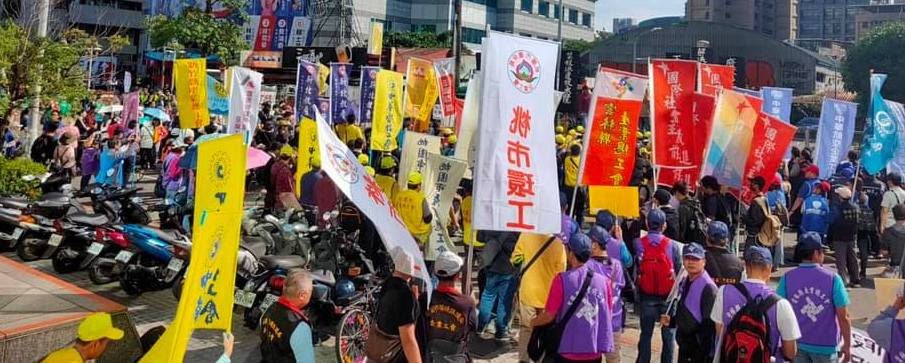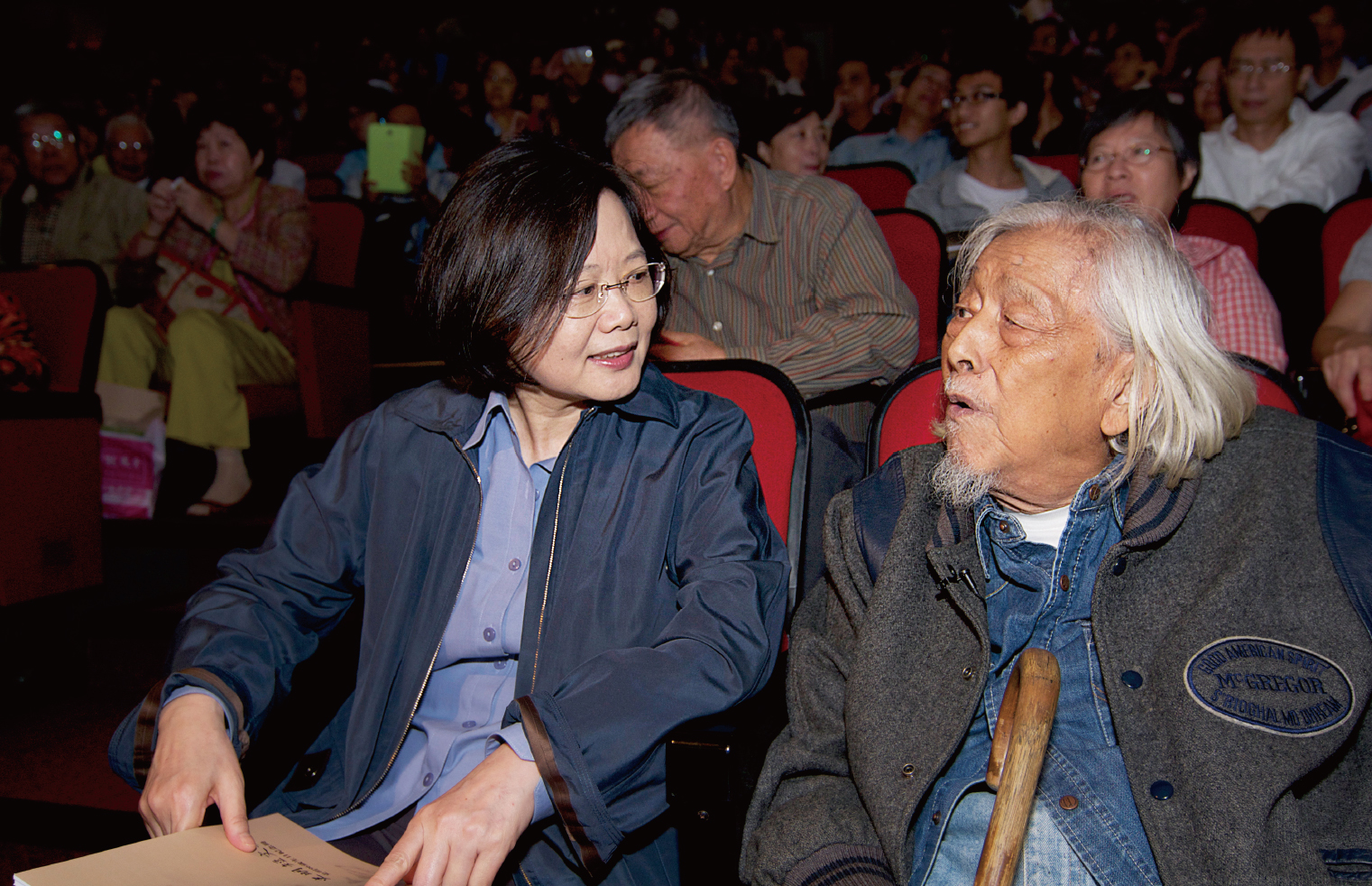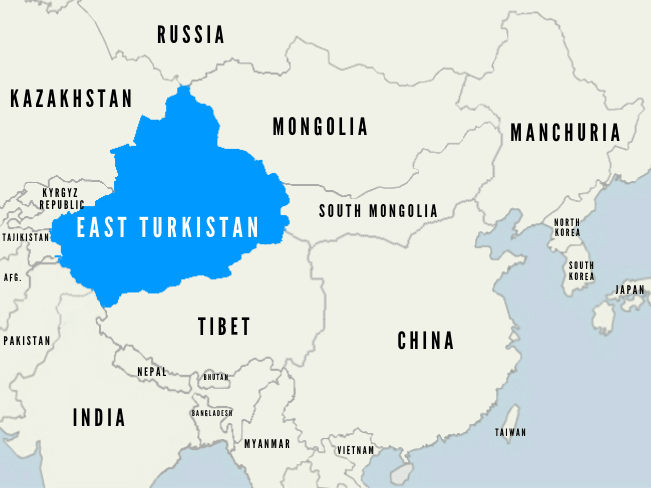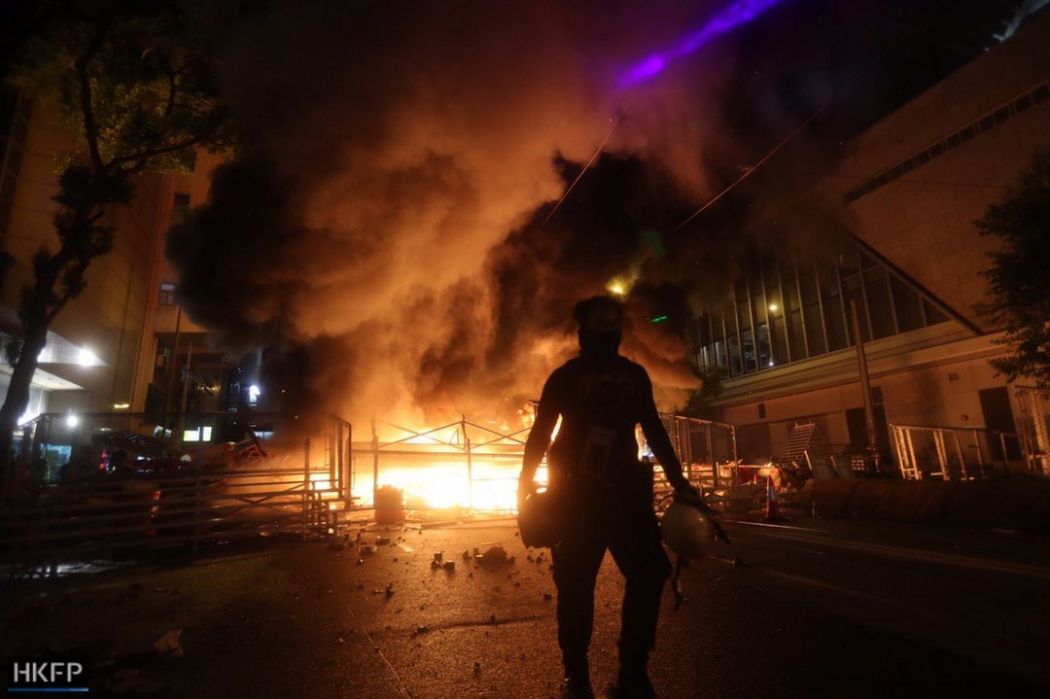
US-China brinkmanship over Taiwan
In an alarming tit-for-tat, Taiwan’s defense ministry said that several Chinese fighter jets briefly entered the country’s air defense identification zone, and the US took the unusual move of flying a C-40A military transport plane over Taiwan. The US overflight was assailed by Beijing’s Taiwan Affairs Office as “an illegal act and a seriously provocative incident.” This comes as the US is deploying three aircraft carrier strike groups to the Pacific—the first such triple deployment in three years, seen as an explicit warning to China. The deployment follows accusations by Lt. Gen. Kevin Schneider, commander of US forces in Japan, that China is using the COVID-19 crisis as a cover to push territorial claims in the South China Sea. (Photo of USS Nimitz: US Navy via USNI News)








